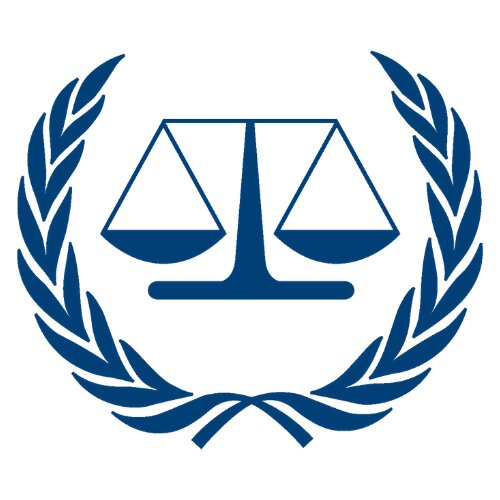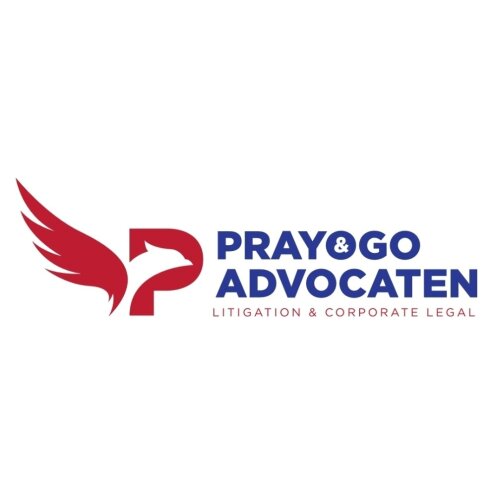Best Child Support Lawyers in Indonesia
Share your needs with us, get contacted by law firms.
Free. Takes 2 min.
Free Guide to Hiring a Family Lawyer
Or refine your search by selecting a city:
List of the best lawyers in Indonesia
About Child Support Law in Indonesia
In Indonesia, child support laws are designed to ensure that children receive financial support from their parents regardless of the parents' marital status. The Indonesian family law governs child support, stipulating both parents' responsibilities to provide for their child's needs, including education, healthcare, and general welfare. The principle aim of these laws is to guarantee the well-being and stability of children after a separation or divorce.
Why You May Need a Lawyer
Seeking legal assistance in child support matters is often necessary due to the complexity of negotiating terms that are fair and in compliance with Indonesian law. Common situations where legal help may be required include:
- Disagreements between parents regarding the amount of child support.
- Modifications of existing child support orders due to changes in financial circumstances.
- Enforcement of child support payments from a non-compliant parent.
- Complex cases involving international or jurisdictional issues.
- Understanding the legal rights and obligations of each parent under the law.
Local Laws Overview
Indonesian child support laws emphasize the shared responsibility of both parents to contribute to their child's upbringing. Key aspects of the local laws include:
- The obligation of both parents to contribute to the financial needs of their children, irrespective of custody arrangements.
- The ability to seek legal amendments to child support agreements if there are significant changes in parental financial status.
- The enforcement of child support obligations through legal means if necessary.
- Consideration of various factors to determine the appropriate support amount, including the child's needs and the financial capacity of both parents.
Frequently Asked Questions
What is child support?
Child support is a financial obligation imposed on parents to ensure the welfare and upbringing of their children, covering necessities such as education, healthcare, and daily living expenses.
How is child support calculated in Indonesia?
In Indonesia, child support is calculated based on factors like the child's needs, the standard of living enjoyed prior to separation, and the financial capability of both parents.
Can child support agreements be modified?
Yes, child support agreements can be modified if there is a significant change in circumstances, such as changes in income or living conditions of either parent.
What happens if a parent does not pay child support?
If a parent fails to meet their child support obligations, legal measures can be taken to enforce the payment, which may involve court proceedings.
Is child support different for married and unmarried parents?
No, both married and unmarried parents have the same legal obligations to provide child support, ensuring that the child's needs are met regardless of the parents' marital status.
At what age does child support end?
Child support typically continues until the child reaches adulthood (usually 18 years old) or completes their education. However, specific circumstances may warrant an extension.
Can a parent with custody apply for child support?
Yes, the custodial parent can apply for child support from the non-custodial parent to help cover the child's expenses.
Is legal representation necessary in child support cases?
While not mandatory, legal representation can be highly beneficial in navigating complex child support cases and ensuring fair outcomes.
How can child support be enforced if the other parent lives abroad?
International agreements and cooperation between countries can aid in enforcing child support from a parent residing outside Indonesia.
Where can I get more information about child support law?
More information can be obtained from legal professionals specializing in family law or governmental organizations overseeing child welfare.
Additional Resources
For someone seeking further information or assistance with child support issues, the following resources can be useful:
- Ministry of Women Empowerment and Child Protection: Offers support and guidance regarding child welfare and legal rights.
- Local family courts: Provide legal advice and process child support applications and disputes.
- Non-profit organizations focused on family welfare: Offer counseling and legal support to families in need.
Next Steps
If you require legal assistance in matters related to child support, consider taking the following steps:
- Gather all relevant documents and information related to your case, including existing support agreements and financial records.
- Consult with a lawyer who specializes in family law to discuss your situation and seek professional advice.
- Determine your legal options and develop a strategy to address or resolve the child support issues.
- File any necessary legal documents or petitions through the appropriate local court if adjustments or enforcement of child support orders are needed.
- Utilize available resources, such as governmental agencies or family support services, for additional assistance and guidance.
Lawzana helps you find the best lawyers and law firms in Indonesia through a curated and pre-screened list of qualified legal professionals. Our platform offers rankings and detailed profiles of attorneys and law firms, allowing you to compare based on practice areas, including Child Support, experience, and client feedback.
Each profile includes a description of the firm's areas of practice, client reviews, team members and partners, year of establishment, spoken languages, office locations, contact information, social media presence, and any published articles or resources. Most firms on our platform speak English and are experienced in both local and international legal matters.
Get a quote from top-rated law firms in Indonesia — quickly, securely, and without unnecessary hassle.
Disclaimer:
The information provided on this page is for general informational purposes only and does not constitute legal advice. While we strive to ensure the accuracy and relevance of the content, legal information may change over time, and interpretations of the law can vary. You should always consult with a qualified legal professional for advice specific to your situation.
We disclaim all liability for actions taken or not taken based on the content of this page. If you believe any information is incorrect or outdated, please contact us, and we will review and update it where appropriate.
Browse child support law firms by city in Indonesia
Refine your search by selecting a city.















